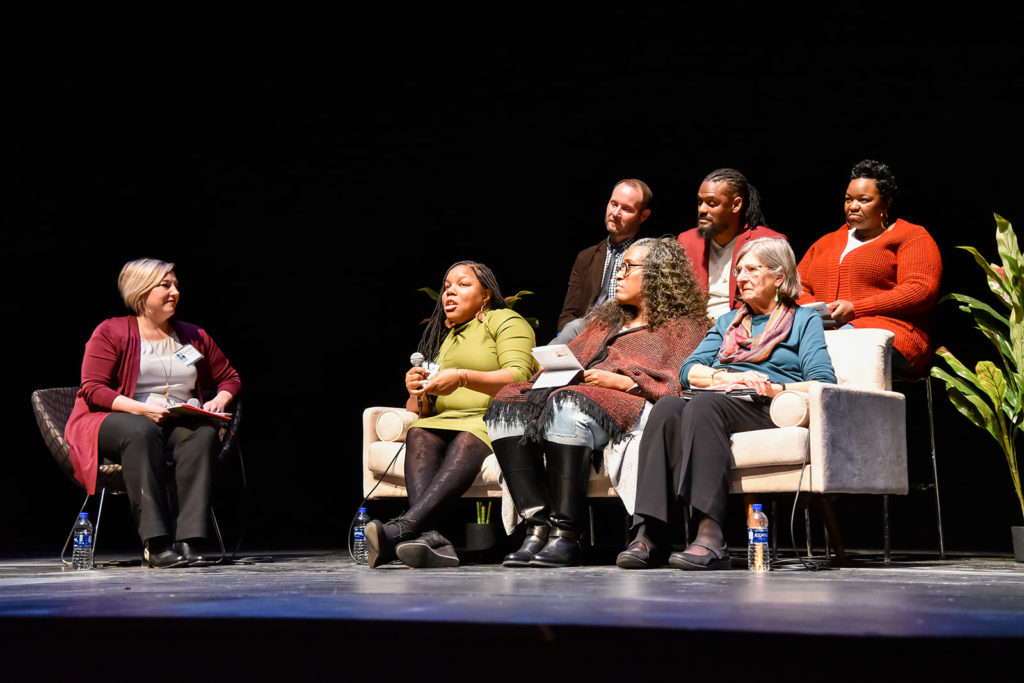
This Black History Month, we celebrate a legal decision whose legacy stretches far and wide in creating more housing options for low-income families. Twenty five years ago, 14,000 Black public housing residents from Baltimore City and a group of concerned civil rights advocates and attorneys united to take legal action against centuries of discriminatory housing policy that confined Black public housing residents to the poorest, most segregated, and most decrepit housing in the city.
These living conditions barred generations of Black families from realizing their personal dreams and aspirations, and still today, families continue to face barriers to exercising their choice in where to live and raise their children.
In 2005, the collective won the lawsuit known as Thompson v. HUD and inspired a model of services that provide support and resources to families seeking affordable housing opportunities in safe neighborhoods with good schools. Since 2012, the Baltimore Regional Housing Partnership (BRHP) has served as the vehicle for this suite of services in Baltimore, as a subcontractor to the Housing Authority of Baltimore to City, to operate the Baltimore Housing Mobility Program.
On Feb. 20, BRHP and the ACLU of Maryland commemorated the landmark housing desegregation lawsuit with over 150 members of the community, including Doris Tinsley, one of the original plaintiffs, as well as leaders in philanthropy, law, social justice, business and academia.
The evening consisted of an awards ceremony honoring distinguished local housing developer, CR of Maryland, and education leader and former U.S. Secretary of Education, John B. King, Jr.
And, as we’ve seen in operating the Baltimore Housing Mobility Program, strong schools are a key component of resource-rich neighborhoods and critical to ending inter-generational cycles of poverty.






















































